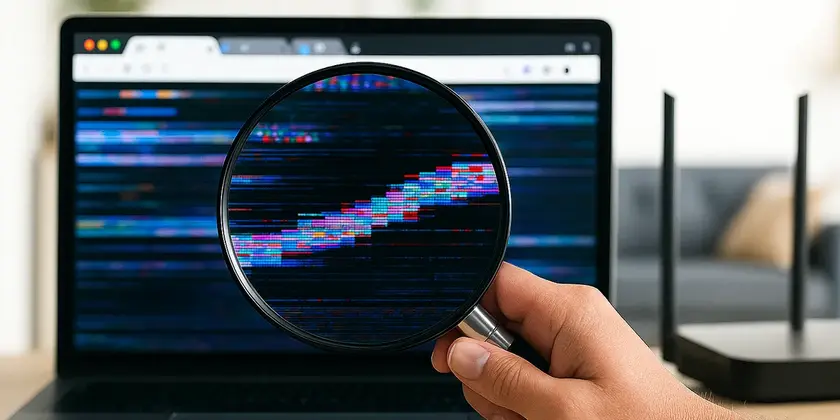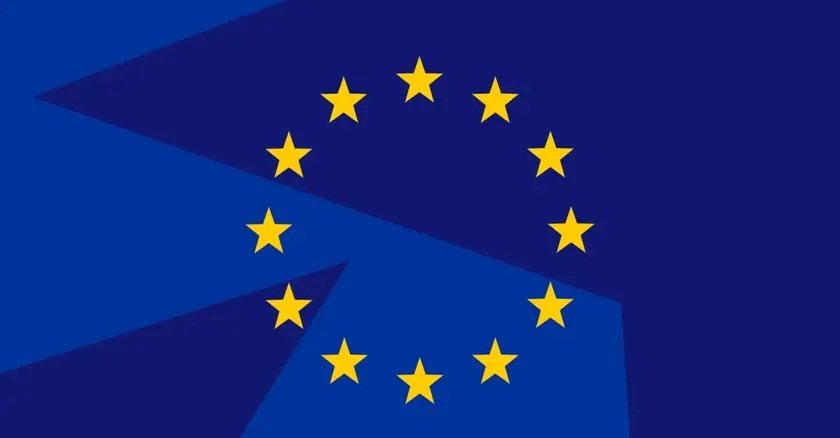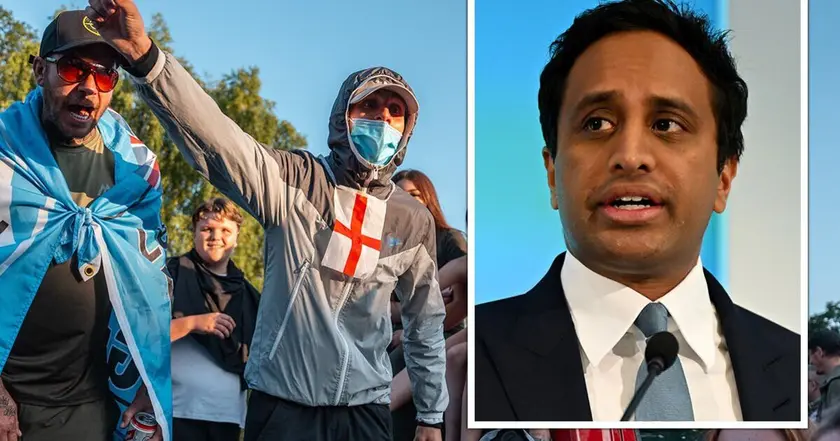T4K3.news
Online safety act tests privacy and tech sector
Britain's Online Safety Act introduces age checks and data rules, while Ofcom finds broad support for child safety and VPN use rises.

New UK rules push age verification and data practices, prompting VPN use and raising questions about privacy and enforcement.
UK Online Safety Act tests privacy and tech industry
Britain's Online Safety Act, introduced on July 25, 2025, tightens age verification for adult content and sets rules to block access by under 18. It requires robust checks to verify age, including methods such as credit card details, facial scans, and passport images, and it gives regulators power to enforce through fines or bans for noncompliance. The act also broadens data handling expectations, with data retention rules that supporters say help fight crime while critics warn about privacy risks. Ofcom reports show 71 percent of respondents believe the measures will improve online safety for children.
Against this backdrop, VPNs have surged as Britons seek encryption and privacy. VPNs create an encrypted tunnel, hiding traffic from ISPs and advertisers, which is why many users turn to these tools even as the new rules raise questions about enforcement and transparency. Some providers warn about the risks of free services or weak privacy protections, while regulators stress the need for clear safeguards. The policy aims to curb misuse while leaving room for legitimate privacy needs, a balance that will be tested as the law comes into effect.
Key Takeaways
"Encryption is a shield for ordinary people."
A VPN advocate emphasizes encryption as protection against data tracking.
"Policy should protect kids while preserving private choice."
A privacy advocate comments on the balancing act.
"Fines and potential bans show regulators are serious about enforcement."
A policy analyst notes the act's bite.
The act frames safety as a public good, but its reach into data and identity checks raises fundamental questions about who gets to see what online. Regulators face a tough task: enforce compliance without letting surveillance overstep, and ensure privacy protections keep pace with new verification demands. The spike in VPN use signals a demand for privacy that lawmakers cannot ignore, even as they seek to shield minors from harmful content. The policy landscape will test whether governments can secure child safety while preserving individual autonomy in a data-driven world.
Highlights
- Privacy is a default, not a luxury.
- Encryption is a shield for ordinary people.
- Safety and privacy can coexist when rules are clear.
- VPNs put control back in the hands of users.
Political and budget sensitivity around online safety rules
The act intersects with budget and political considerations, raising concerns about enforcement costs, impact on businesses, and potential public backlash.
Policy design will determine whether safety goals can be met without eroding privacy.
Enjoyed this? Let your friends know!
Related News

UK mandates new online safety regulations

EU tests age verification app to protect minors

UK age checks spark Reddit backlash

TikTok cuts Berlin moderation team with AI and contractors

UK age verification checks face immediate challenges

Gabby Bertin calls for minister to manage pornography

Reform UK pledges to repeal Online Safety Act

Reform UK warns of censorship under new Online Safety Act
